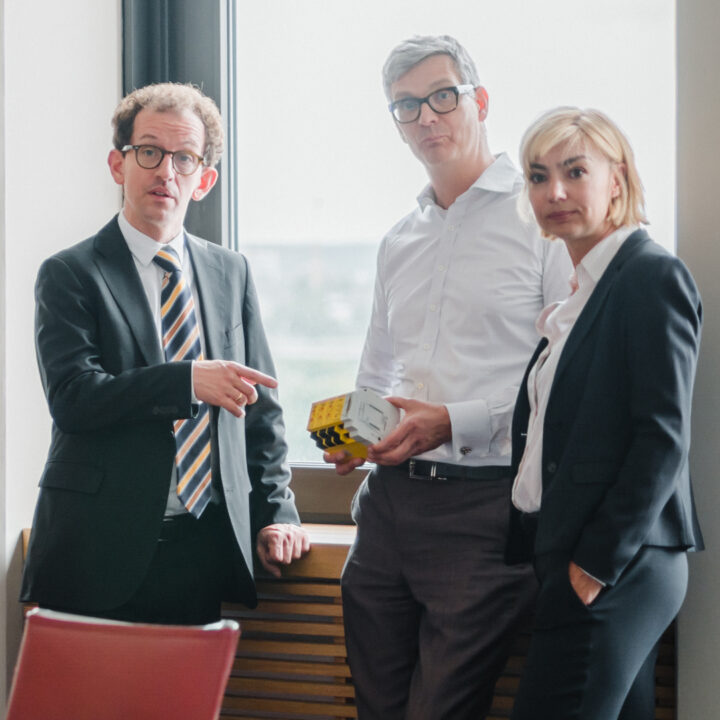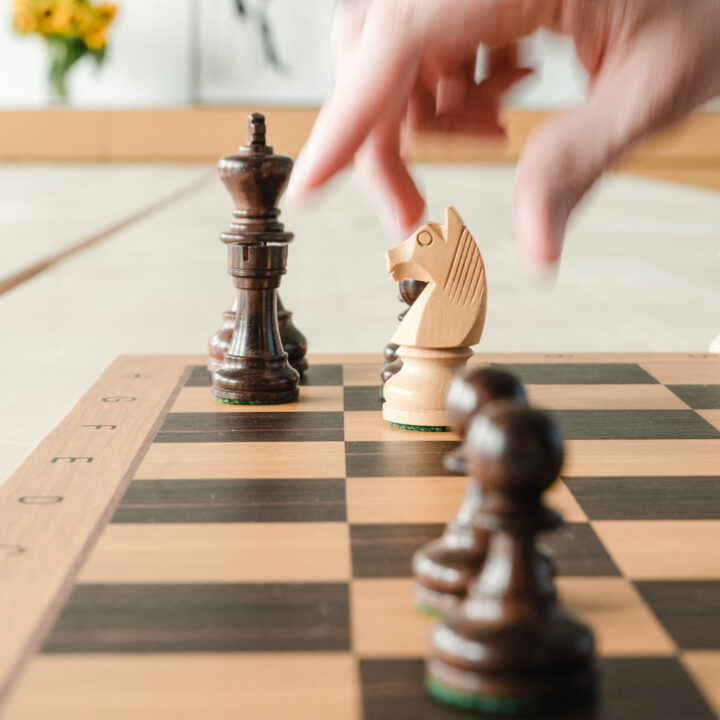Trade Marks & Brands
rospatt offers a comprehensive service for trademark law, from prosecution to monitoring and litigation. This includes the handling of applications, registrations, opposition and revocation proceedings; managing trademarks; appearing in trade sign disputes; advising on the development of brands and assisting clients in surveys.
We regularly represent clients before the EUIPO, the German Patent and Trademark Office, the Federal Patent Court, and the Court of Justice of the European Union. In combatting product piracy, we conduct investigations, organize the customs surveillance, accompany police operations, and obtain and enforce court orders at trade fairs.
rospatt was counsel in the first case in which the CJEU laid down the current bases of the distinctiveness of community trademarks. We have conducted pioneering work in the area of trademark protection for advertising slogans and abstract colour trademarks.
Trade Marks – Litigation Germany
rospatt litigates trademarks before the national German courts, for example on an onging basis for Ferrari and numerous brands in the fashion industry. We are also retained by many hidden champions in the field of trademark litigation.
Trade Marks – CJEU litigation
rospatt represents clients before the Court of Justice of the European Union (CJEU), namely in the General Court (GC) and Court of Justice (CJ), in litigious opposition and cancellation proceedings, as well as national court referrals to the CJ.
Related Landmark Decisions
TERRALENE – judgment of July 12, 2023, GC T‑325 – 22
The General Court clarified the value of affidavits in the context of proof of genuine use and sharpened the rules for admissibility of supplementary documents newly filed in the course of proceedings before the Board of Appeal.
TESTAROSSA – judgment of October 22, 2020, CJ C‑720/18 and C‑721/18
In a ground-breaking decision, delivered during preliminary ruling proceedings, the Court of Justice answered questions relating to genuine use of a trademark. A trademark registered for a group of goods and their component parts is, in principle, put to genuine use for all the goods and component parts belonging to that group if it has been used only for certain goods (such as high-priced luxury sports cars) or only for component parts or accessories of some of those goods, unless the consumer regards them as an independent sub-group. A trademark may also be put to genuine use by its proprietor by marketing used goods put on the market under the trademark or by offering services under the trademark. The use of a trademark in Switzerland may be considered as genuine use of a German trademark on the basis of the German-Swiss Agreement of 1892.
CORNEREYE – judgment of March 5, 2020, GC T‑688/18
The General Court annulled a decision of the EUIPO Board of Appeal concerning the likelihood of confusion in relation to trademarks with a weak distinctive character. The identity of the word marks CORNEREYE and BACKEYE in the last descriptive element‘EYE’ was not deemed sufficient for there to be visual and phonetic or conceptual similarity between the marks, which are dissimilar in their initial elements. The General Court did not address the question of whether any enhanced distinctiveness in the United Kingdom can be taken into account at all in view of Brexit.
acopat – judgment of September 23, 2009, GC T‑409/07
In this ruling, the General Court of the European Union provided some interesting guidelines for proving that serious use is being made of a trade mark.
Das Prinzip der Bequemlichkeit (The Principle of Comfort) – CJEU 2005 GRUR Int 224
For the first time the European Court of Justice addressed the matter of the registrability and distinctiveness of advertising slogans. The Court of First Instance upheld the applicant‘s suit for registration (2002 IIC 970) and found that no stricter criteria were called for in the case of slogans than in relation to other marks. The European Court of Justice dismissed the appeal of the Office for Harmonization in the Internal Market and confirmed in principle the registration of advertising slogans as trademarks.
Companyline – CJEU 2003 GRUR 58
With this second decision on the distinctiveness of community trademarks, the European Court of Justice surrendered its generous line from the«Baby-Dry» decision of 2001. In so doing, it made clear that the appreciation of facts is open to review by the European Court of Justice only in the exceptional event that the lower court’s appreciation distorts the presentation of the facts.
Trade Marks – Office actions (DPMA and EUIPO)
rospatt represents large multinational and mid-sized companies in opposition and cancellation proceedings before the EUIPO and the German Patent and Trademark Office (GPTO/DPMA), as well as before higher instances (e.g. Federal Patent Court / Bundespatentgericht).















